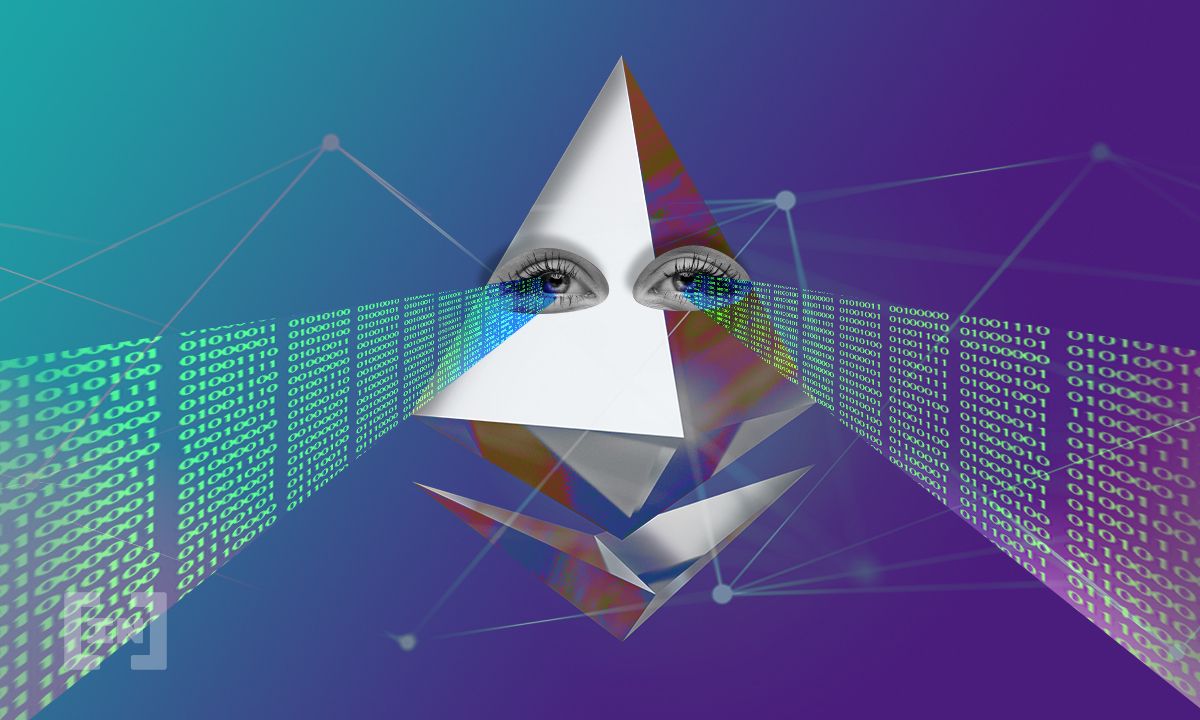Ethereum co-founder Vitalik Buterin has put forth a proposal with Ansgar Dietrichs, a software developer for Ethereum. The proposal, called EIP-4488, is proposed as a short-term solution to the escalating gas fees experienced on Layer 2.
The EIP4488 modification was suggested three days ago on the Ethereum Improvement Proposal GitHub repository by Buterin and Dietrichs. EIP4488 aims for a reduction in cost for roll-ups by ~5x and adds a limit of how much calldata can exist in a block, which has a theoretical limit of approximately 1MB per slot.
Prior to this proposal, a roll-up was the best answer to escalating gas fees. A roll-up is a layer two solution on Ethereum, where transaction execution is done off the main Ethereum chain, while transaction data gets posted on layer 1. The Loopring and Polygon Hermez layer two solutions are cheap compared to layer one solutions, while ZKSync and Optimism roll-ups follow not far behind. According to the Ethereum website, roll-ups use transaction call data, and minimizing the cost of transaction calldata is a way to reduce transaction costs.
When Will Proper Sharding Come to Ethereum?
Buterin indicated that efforts to implement orthodox sharding to address congestion issues can begin, in an incremental fashion, with a “boilerplate” code change that should take a similar amount of time as the Altair hard fork to roll out. The concept of sharding is borrowed from traditional databases and refers to the horizontal scaling of a database, similar to increasing the number of lanes on a highway to reduce congestion. The Ethereum network is currently highly congested, leading to high transaction fees, called gas. Gas fuels computation on Ethereum. The transaction cost is equal to the price of the action in gas, multiplied by the cost of gas, multiplied by the ethereum price in dollars.
What Are Ethereum Improvement Proposals?
Ethereum Improvement Proposals were based on Bitcoin Improvement Proposals, which themselves are based on the Python Enhancement Proposals process. An Ethereum Improvement Proposal can be created by anyone who has knowledge of the process of proposals and designs. An editorial team reviews proposal documents, consisting of an abstract, a motivation, and technical specifications. The team is comprised of Micah Zoltu, Nick Savers, Nick Johnson, Hudson James, Matt Garnett, Casey Detrio, Greg Colvin, and Alex Beregszaszi.
What do you think about this subject? Write to us and tell us!
Disclaimer
In adherence to the Trust Project guidelines, BeInCrypto is committed to unbiased, transparent reporting. This news article aims to provide accurate, timely information. However, readers are advised to verify facts independently and consult with a professional before making any decisions based on this content. Please note that our Terms and Conditions, Privacy Policy, and Disclaimers have been updated.


